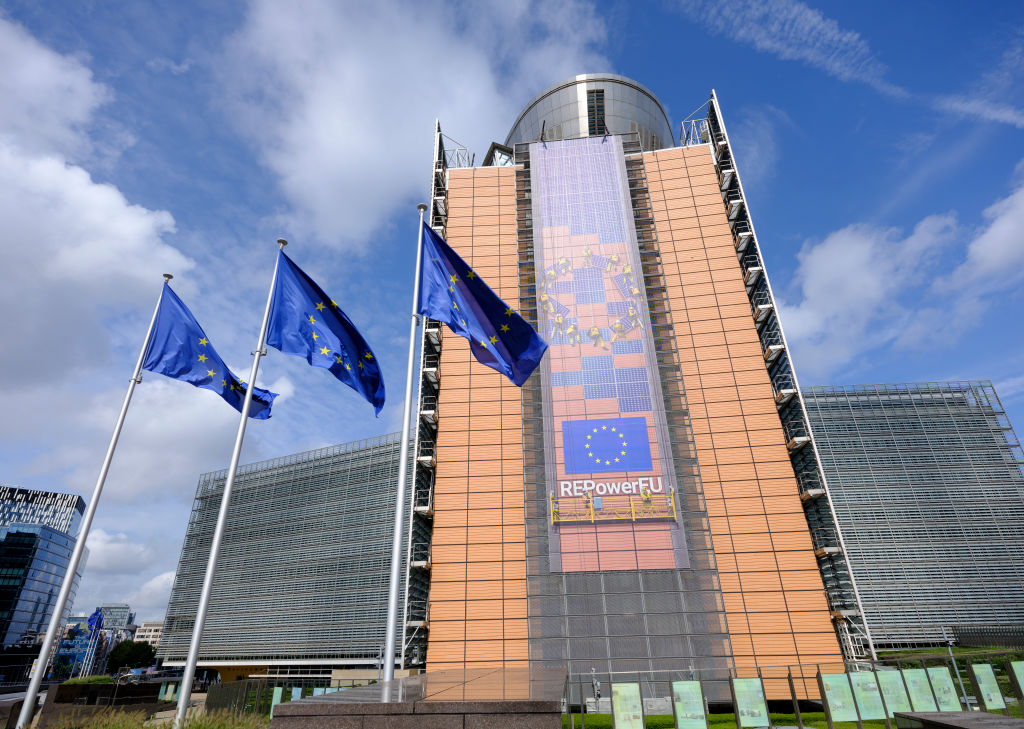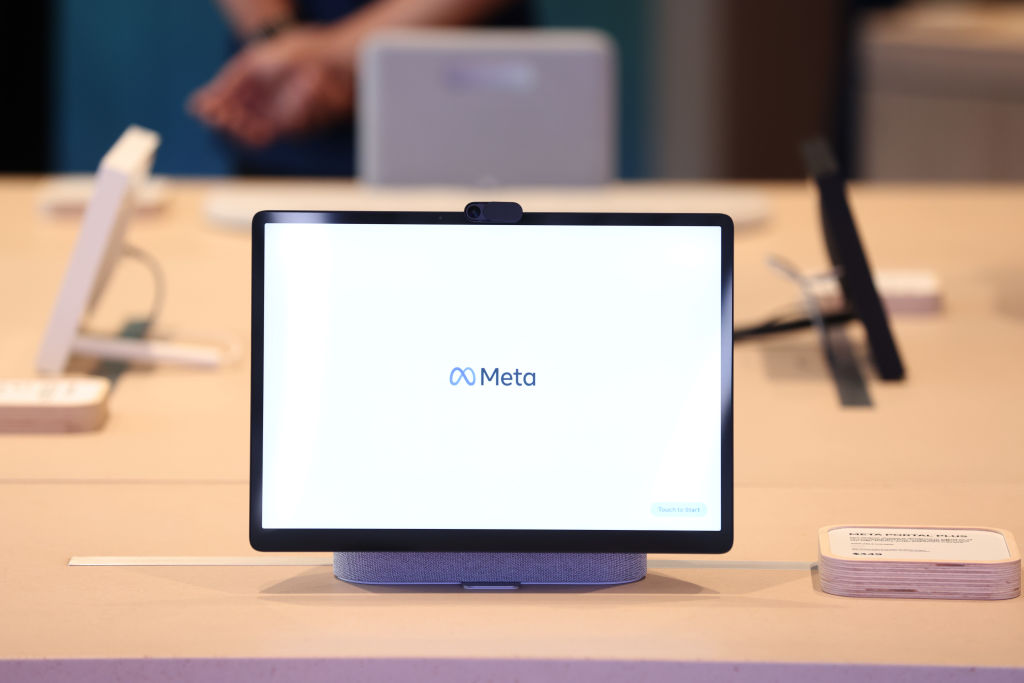The European Commission has opened a formal investigation into Facebook owner Meta for allegedly breaching the Digital Services Act (DSA).
The inquiry centres on accusations of inadequate advertising moderation, failure to flag so-called “illegal content” and alleged insufficient data access for researchers regarding the upcoming EU elections.
In a press release, the EC highlighted its latest concerns about allegedly deceptive advertising and disinformation on Facebook and Instagram, both owned by Meta.
Today we open cases against #Meta for suspected breach of #DSA obligations to protect integrity of elections:
▪️Inadequate ad moderation exploited for foreign interference & scams
▪️Inadequate data access to monitor elections
▪️Non-compliant tool for flagging illegal content pic.twitter.com/ZJHWNDm2MD
— Thierry Breton (@ThierryBreton) April 30, 2024
“The proliferation of such content may present a risk to civic discourse, electoral processes and fundamental rights,” the Commission said.
It also criticised Meta for discontinuing the public insights tool CrowdTangle without providing a suitable alternative.
According to the EC, such tools enable real-time election monitoring by researchers, journalists and civil society, including through live “visual dashboards”.
Access to this type of tool should be “expanded in times of elections”, not reduced, it said.
“Such deprecation could result in damage to civic discourse and electoral processes.”
The EC warned that such alleged breaches of the DSA could negatively impact disinformation-tracking capabilities and the identification of voter interference.
Margrethe Vestager, European Commissioner for Competition, is to attempt to exert pressure on the CEOs of Apple and Google during her ongoing US trip as the European Union looks to fully implement the Digital Markets Act. https://t.co/cyg6Zn4Tl9
— Brussels Signal (@brusselssignal) January 12, 2024
It is not the first time the EC has probed Big Tech.
Earlier this year, it began preliminary investigations into almost all major tech companies covered by the DSA. Those investigations alleged firms involved have not granted EU-approved researchers access to specific private data.
The European Commission is also expanding its safeguards for the digital sector. On April 30th the EC launched a whistleblowing tool for information on potential infringement of the Digitial Services Act and Digital Markets Act.
Under “guarantee anonymity ” whistleblowers can provide any information about content moderation practices advertising practices, civic discourse and electoral processes, public security and health concerns, and assessment and mitigation of risks related to users’ fundamental rights.
Information can be provided through “reports, memos, email exchanges, data metrics, internal research,” they said.
With European elections only two months away, and increasing worries about cyber threats, the European Commission has published recommended anti-disinformation measures for social media and search engines. https://t.co/hcPujA8pH5
— Brussels Signal (@brusselssignal) March 28, 2024





